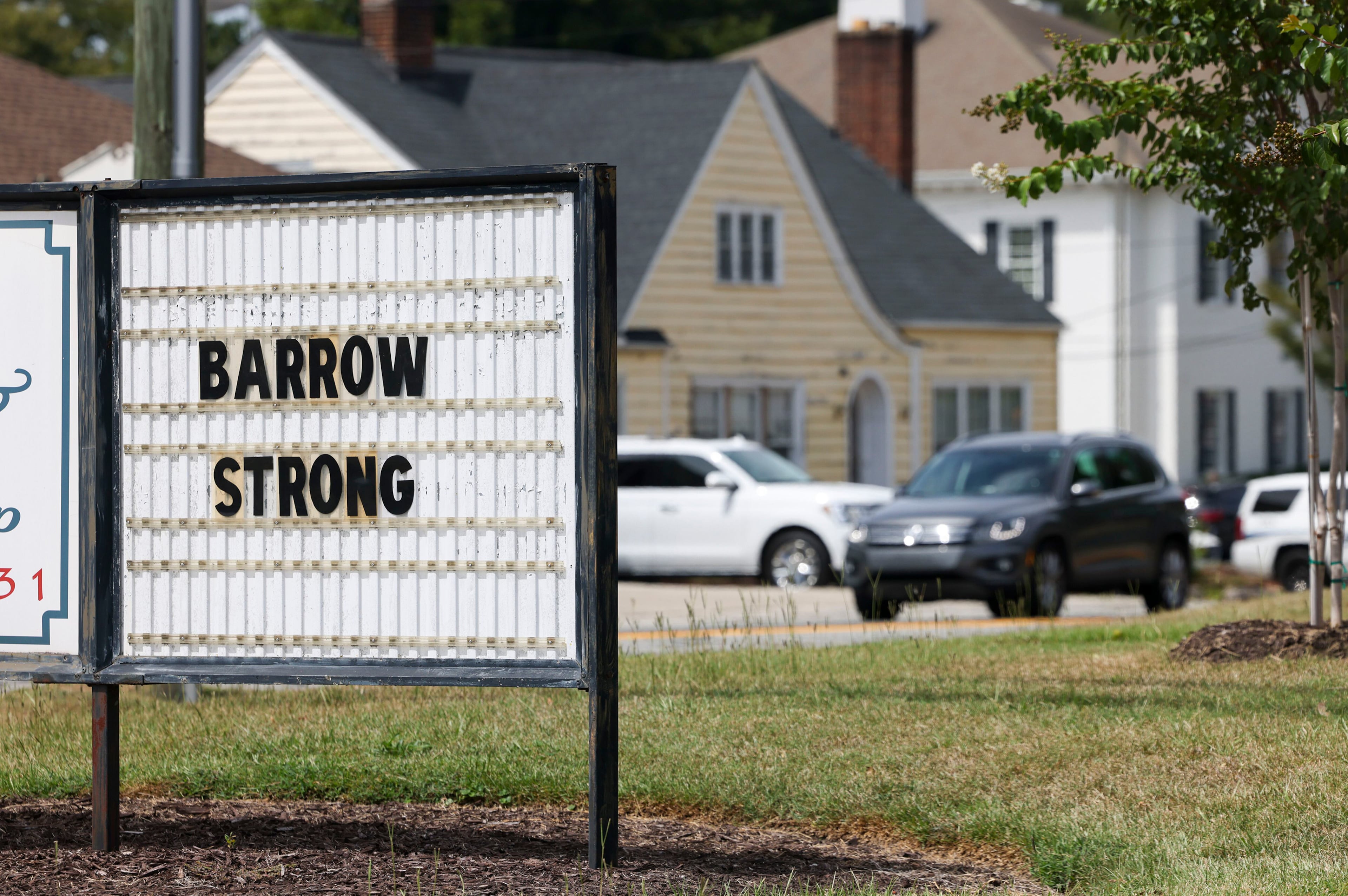
The Georgia Budget & Policy Institute writes on its website about the reasons college costs in the University System of Georgia continue to rise.
Families and students are paying more because the state is paying a smaller percentage of the costs that it used to cover. GBPI bases its report on a audit ordered by the state and delivered in December.
That audit states:
“Over the last ten years, decreased levels of state appropriations and changes to the HOPE scholarship have shifted a larger portion of the cost of public higher education to USG students in the form of increased tuition. Students’ cost of attendance has further increased as a result of institution-level policy decisions to expand requirements to live on campus and purchase meal plans and to increase mandatory fees to fund such items as new facilities and expanded athletics programs. From fiscal year 2006 to 2015, USG students’ average cost of attendance increased 77% from $8,361 to $14,791 per year.”
The state used to support 70 percent of the cost of a college education. That is down to about 50 percent.
There are concerns that prices for an education will continue to rise.
AJC reporter James Salzer reported recently from state budget hearings at the General Assembly:
Lawmakers are just beginning their review of the state budget that Deal proposed. Several department leaders made presentations Tuesday, including new University System of Georgia Chancellor Steve Wrigley. The University System has come under increased scrutiny because of the rising cost of college tuition, and chancellors get asked about the issue by lawmakers each year.
While the Board of Regents doesn’t set tuition until after lawmakers approve the state budget and leave town for the year, Wrigley assured legislators that students won’t see a huge hike next fall.
He said systemwide, tuition has risen on average 2.5 percent annually over the past five years. Wrigley said whatever the Board of Regents approves this year “shouldn’t be out of line with that” average.
“Our intent is to keep any increase low,” he added.
GBPI notes that as the costs go up, the state is trying to increase the percentage of Georgians with a post high school degree from 42 to 60 percent by 2025.


